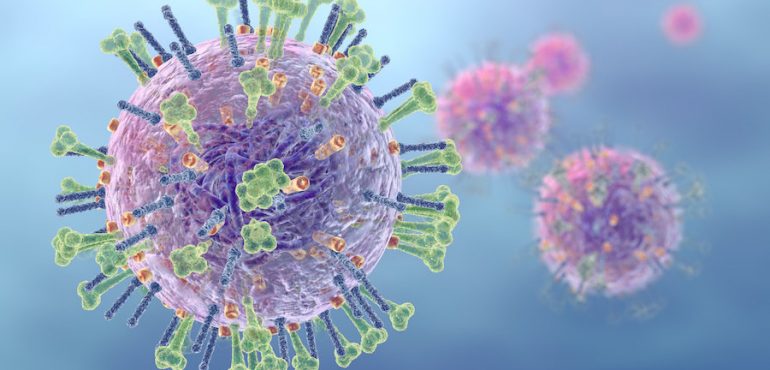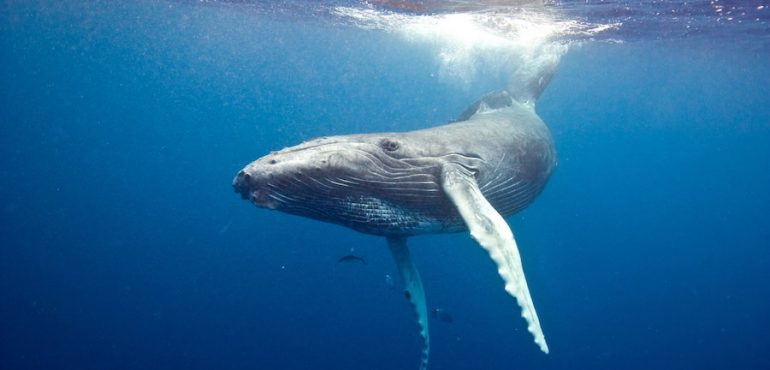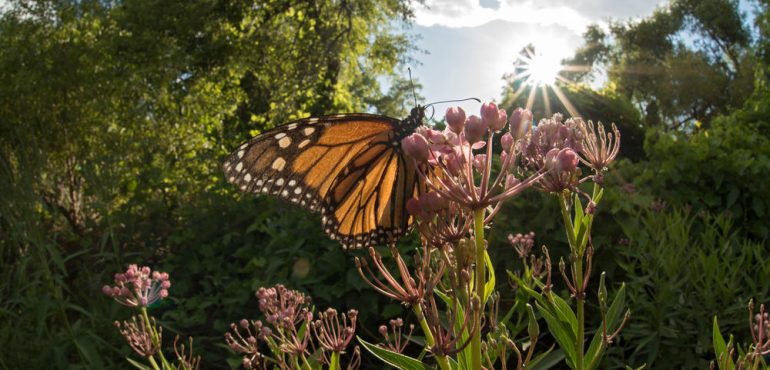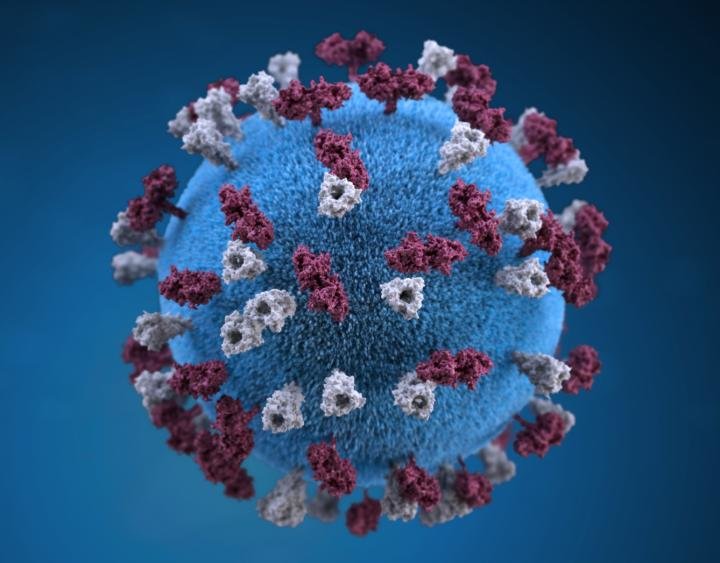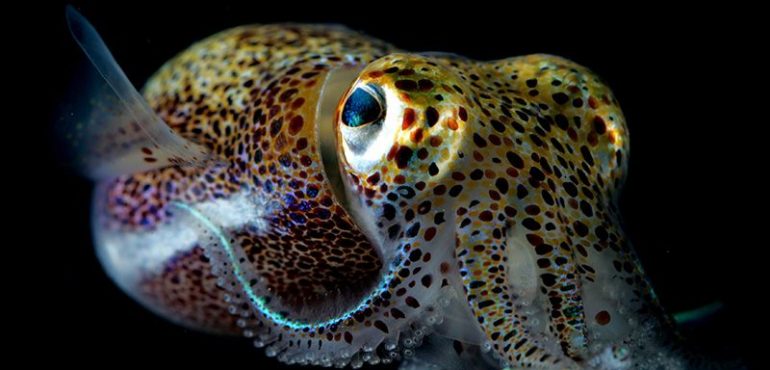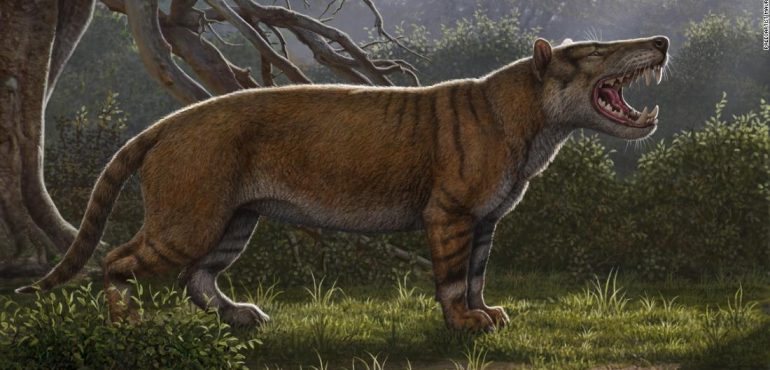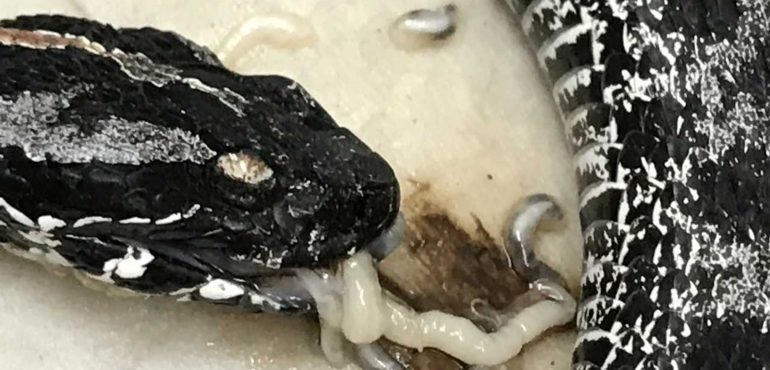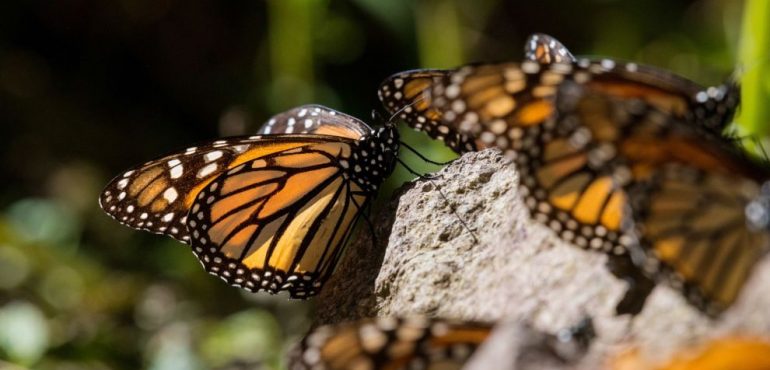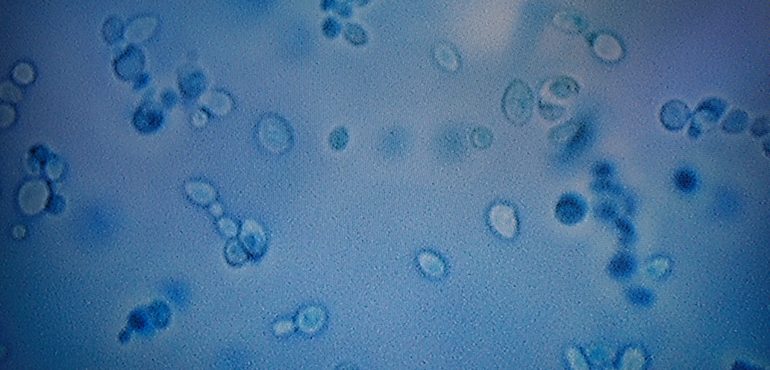Yale researchers have pinpointed a key reason why people are more likely to get sick and even die from flu during winter months: low humidity. While experts know that cold temperatures and low humidity promote transmission of the flu virus, less is understood about the effect of decreased humidity on the immune system's defenses against…
Read more
Flu virus’ best friend: Low humidity
